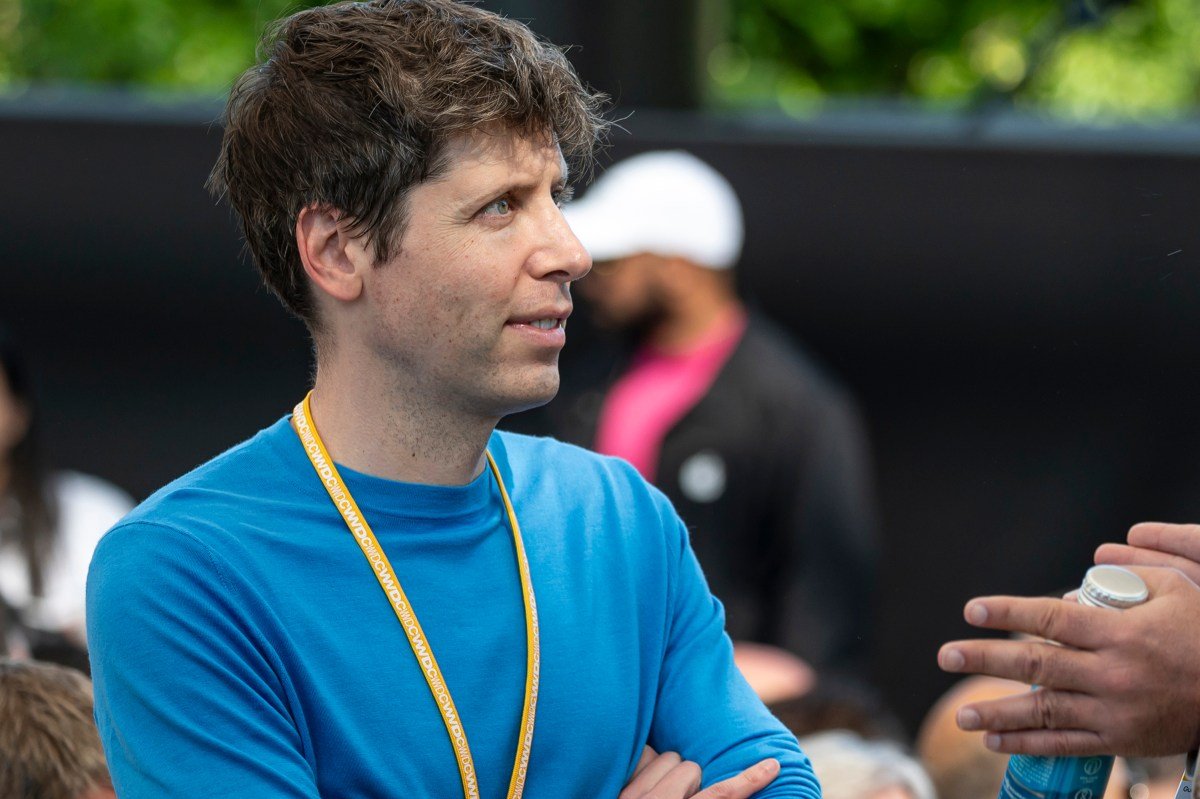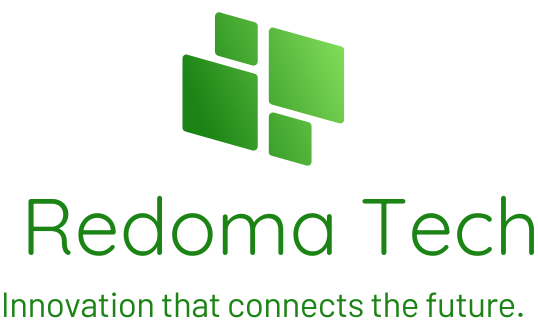
On top of that, OpenAI’s pledge about patents is more like a friendly agreement than a legally binding contract or warranty.
Shubha Ghosh, an IP law guru from Syracuse University, pointed out that the legal muscle behind OpenAI’s promise is up in the air. Borella remarked, “That last bit seems like an escape clause that throws the whole promise into question. OpenAI made it clear that they’re all about “broad access” and “collaboration” and that they’ll only whip out their patents to keep the innovation train chugging along. While the U.S. The company’s stance is “We promise to play nice with our patents unless someone decides to throw a spanner in the works by giving us trouble or trying to rain on our parade.”
But experts are giving this promise a nonchalant shrug. He quipped, “In the end, this statement sounds more like empty promises rather than a genuine effort to keep the market playing fair.”
 . Unlike IBM’s bold move back in 2005 when they pledged not to use 500 specific patents against open-source software developers, OpenAI’s promise is fuzzy and vague, as pointed out by MBHB partner Mike Borella. It can be read in many ways, maybe even to cover all of OpenAI’s competitors and anyone criticizing ChatGPT’s flaws.”
. Unlike IBM’s bold move back in 2005 when they pledged not to use 500 specific patents against open-source software developers, OpenAI’s promise is fuzzy and vague, as pointed out by MBHB partner Mike Borella. It can be read in many ways, maybe even to cover all of OpenAI’s competitors and anyone criticizing ChatGPT’s flaws.”
Borella also noted that OpenAI doesn’t have a fat stack of patents to flex if push comes to shove; their game plan revolves more around keeping trade secrets, such as hush-hush training data and techniques. This week, OpenAI casually dropped a note on its website assuring folks that they won’t be seeing the company using its patents to start any patent wars né?. If OpenAI were to break its promise, like by suing someone over patent infringement, they’d take a credibility hit.”
Borella took a jab at OpenAI’s statement, calling it a “public relations virtue-signaling” move, implying it’s just a way to cozy up to the tech scene and regulators, much like Tesla’s vague patent pledge back in 2014. Plus the terms laid out in OpenAI’s service contracts would still hold water. But, that won’t stop OpenAI from holding on tight to its copyright, trade secrets, and contractual rights. Ghosh clarified, “The computer code steering ChatGPT is shielded by copyright and trade secret laws. The term “defensively” is open to interpretation just like what actions OpenAI might consider as “harmful” both to them and to their users né?. Patent and Trademark Office typically takes 18 months to publish patent applications after filing, only a handful of OpenAI’s applications have gotten the stamp of approval so far


